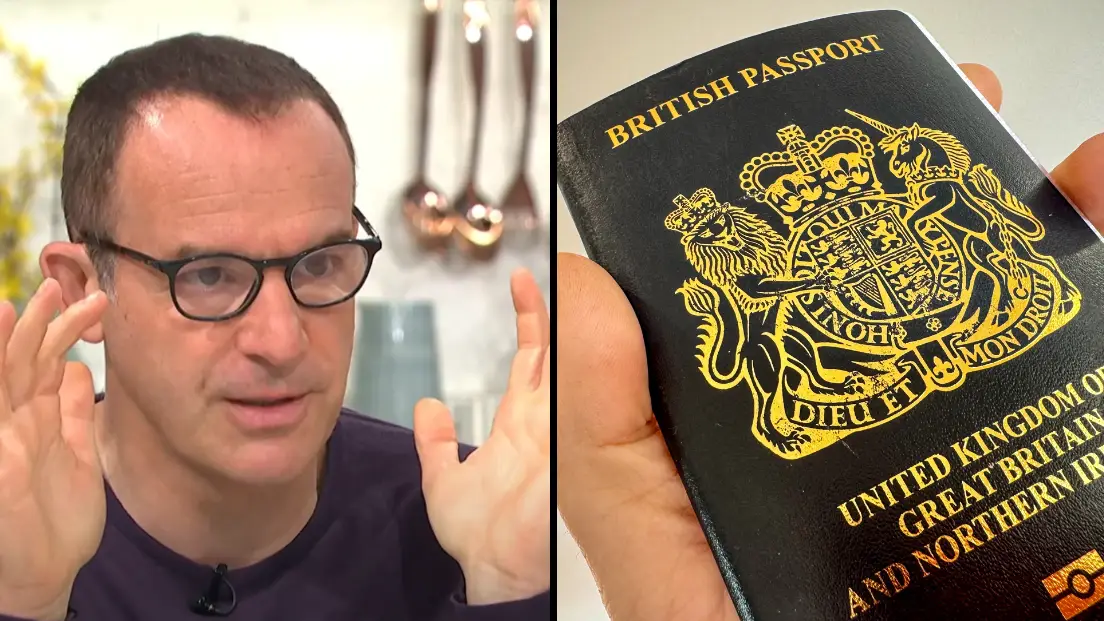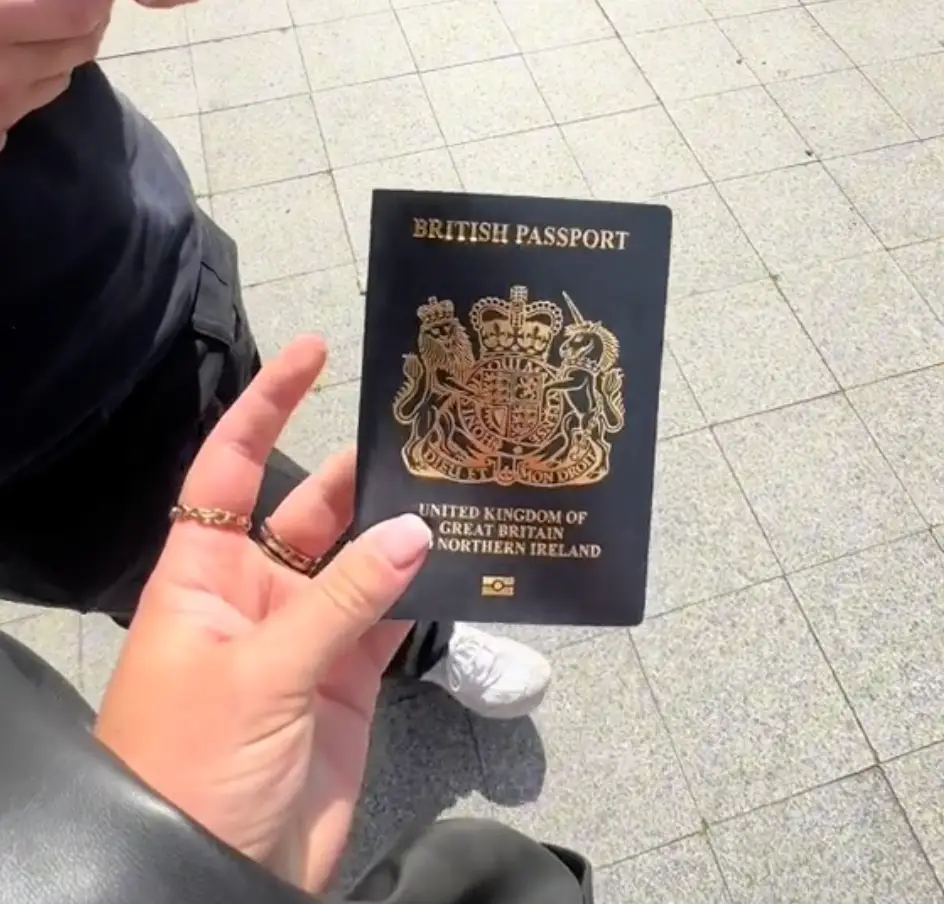
Martin Lewis has urged millions of Brits to give their passport a proper check before flying this summer to avoid having major issues, ruined holidays, and lots of tears.
Passport rules have got stricter since the dreaded B word (yes, Brexit), with many unaware of a tiny yet massive change to legally getting out of the United Kingdom on a holiday or business trip.
"Check your passport will be valid - it's got stricter," says Lewis in his weekly Money Saving Expert (MSE) newsletter sent to millions of inboxes this morning (19 June).
Advert
"There are two important checks you should make, it's all about the day you enter the country."
Back in 2016, the United Kingdom voted to say goodbye to life inside the European Union (EU).
As a result, the country became subjected to most of the same rules that other countries outside of the political and economic body face.
That includes the brand new EU travel system that could ban you from the EU's 27 countries for up to three years. Not exactly what anyone will have hoped for when voting leave.

MSE's passport questions
Making sure you have everything in order is essential before heading to the airport. We've all seen the horror stories and certainly don't want to join the club.
When it comes to your passport, Lewis and the MSE team have two questions you need to answer on the day you're entering another country:
- Will there be more than six months left on your passport (three months if it is in the EU)?
- Even if so, will your passport be less than 10 years old?
If you said no to either question, you could be in trouble.

The passport check
"Don’t assume that just because your passport is valid for the duration of your stay, that everything is fine. Countries have a variety of rules about how long you need left, and how old the passport can be. Since Brexit, this includes most EU countries too," MSE says.
"If you fall foul of these, you could be refused entry – we've heard one story of a family's four-year-old girl being refused entry to Turkey because she had less than two months left on her passport."
If you are travelling to the EU, your passport needs to be less than 10 years old on the day you enter, and valid for at least three months after the day you plan to leave.
This counts for anyone travelling to any of the follow: Austria, Belgium, Bulgaria, Croatia, Republic of Cyprus, Czech Republic, Denmark, Estonia, Finland, France, Germany, Greece, Hungary, Ireland, Italy, Latvia, Lithuania, Luxembourg, Malta, Netherlands, Poland, Portugal, Romania, Slovakia, Slovenia, Spain and Sweden.

Some passports also have a different issue date and expiry, with the issue date taking priority over the latter. This is due to now defunct rules, which allowed Brits to carry over nine months from their old passport on to a new one.
For instance, your passport might have been issued on 1 August, 2014 and expires on 10 January, 2025, carrying over five months on top of the 10 years. In this instance, you couldn't travel to the EU in the three months leading up to 1 August 2024 due to the issue date having less than three months left until hitting the 10 year mark.
Non-EU countries have different rules to the EU, ranging from needing to be valid for your stay and no other period required to needing to be valid for at least six months from the day you enter.
If you're heading outside of the EU, it is best to check well in advance in case you need to renew.
Topics: Holiday, Martin Lewis, Travel, UK News, World News, Brexit, Europe